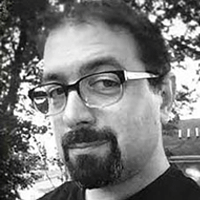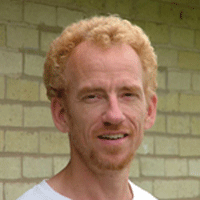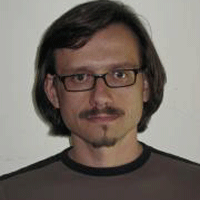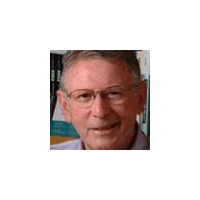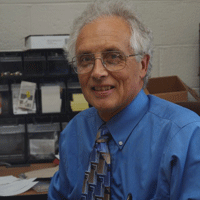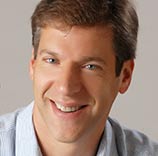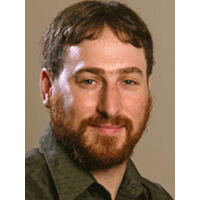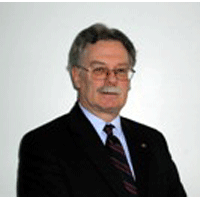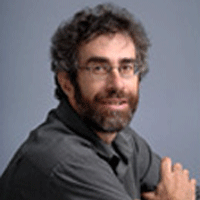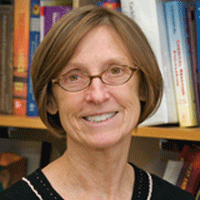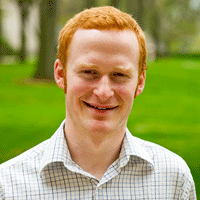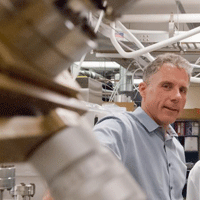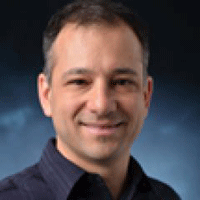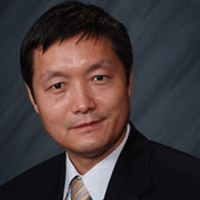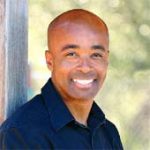Say ‘solar energy’ and most people instantly think of those large panels that go on the tops of homes or vast structural arrays outside of buildings that are designed to collect the rays of the sun. The chemistry, engineering and nanotechnologies behind these materials and systems often play an important part in their cost, availability, and effectiveness — something many of the individuals on this list of solar and renewable energy instructors already know about. This is a driving factor in looking for more effective solutions, processes and materials, and in disseminating any new found knowledge through instruction, shared research, or publication – so that others can make advances.
Nanotechnology, by the way, is an examination of materials or science on a vary small scale, including through atoms and molecules. That said, there are many different manifestations of green energy systems and sustainable energy, whether that’s HVAC, solar, wind power or something else unique. This list examines that broad range, hitting on instructors who are involved in research, but also others who engage in hands-on teaching and/or work with students through energy laboratories and institutes. Many have a degree in engineering, but others work in related science fields, such as chemistry. This just goes to show there are many facets to renewable energy careers and that’s true whether you are looking at a start though an associate-degree level program (with HVAC as a possibility) or seek to advance your knowledge through upper-level education.

